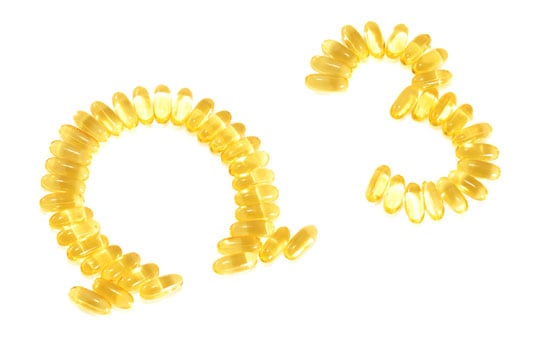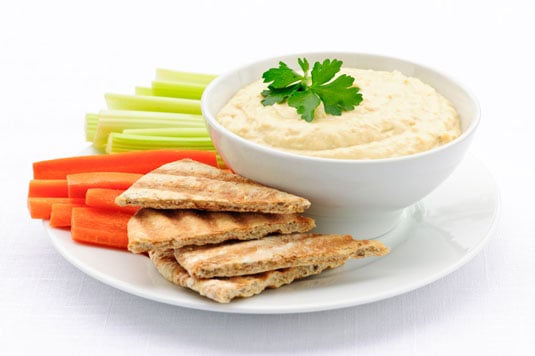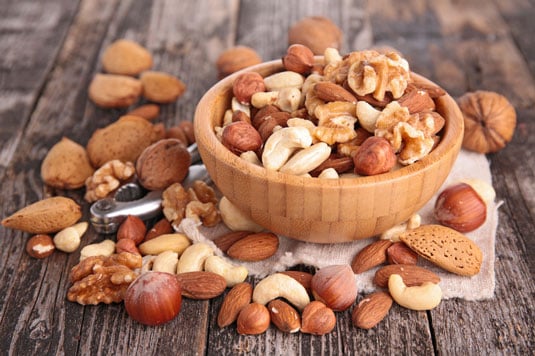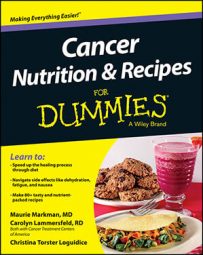Cancer and its treatments can contribute to loss of appetite. Because the calories you get from food are energy, if a poor appetite results in not enough food intake, you may experience fatigue. Poor food intake may also result in weight or muscle loss, which can impair your immune function and make it more difficult to recover in between treatments.
Fortunately, there are several strategies you can use to prevent a poor appetite from causing you to lose weight and become malnourished. Following are ten tried-and-true tips to help you meet your nutritional needs when you lose your appetite.
Stay active.

Sometimes a little activity can help stimulate your appetite. Light-intensity physical activity may increase the production of a hormone known as ghrelin, which is responsible for appetite and may increase food intake. Even 30 minutes of light activity has been shown to increase ghrelin production and food intake. If 30 minutes seems overwhelming, try several shorter activity sessions throughout the day.
So, what qualifies as a light activity? Basically anything that gets you moving but isn’t overly taxing. Some examples include taking a casual walk around the neighborhood, yoga, light gardening (like raking or weeding), low-intensity housework, resistance training, treading water in a pool, or leisurely swimming.
Try a meal replacement drink.

Sometimes when you don’t feel like eating, it’s easier to drink your calories, protein, and other nutrients. Try drinking high-calorie, high-protein liquids throughout the day. A number of liquid nutritional supplements are available with macronutrient and micronutrient profiles similar to what you would get from eating a meal. (That’s why they’re often referred to as “meal replacements.”)
Get a healthy dose of omega-3s.

There are a variety of omega-3 fatty acids, but the most important omega-3 to help support normal metabolism and weight maintenance when you have a poor appetite is eicosapentaenoic acid (EPA). Some studies show that 1,500 mg of EPA per day is the optimal dose, but be sure to talk with your doctor about what’s right for you.
Flip your meals to take advantage of your best time of day.

There may be a time of day or meal when you most feel like eating. If you can, try getting in two meals or a meal and a snack during these times.
For many people, breakfast is often the best meal of the day. If this is the case for you, try making breakfast your heaviest meal instead of lunch or dinner. If vegetables aren’t appealing later in the day, try eating a vegetable omelet for breakfast or drinking a glass of vegetable juice in the morning.
Eat frequent, small meals throughout the day.

Although it may sound counterintuitive, eating smaller, more frequent meals throughout the day can help you get in more calories, protein, and other nutrients. The typical portions that you’re used to eating when you eat three meals a day may be overwhelming and cause you to push the plate aside without eating anything. In such cases, eating smaller amounts of food every couple hours during the day can be more manageable.
Have on hand high-calorie and high-protein snacks.

When you’re being treated for cancer, snacking should be guilt-free. It actually can be quite healthy in place of traditional meals to help you meet your nutritional needs, so you should feel good about eating a high-calorie snack during this time.
You may need many snacks throughout the day to meet your nutritional needs. Try to snack on high-protein foods and find ways to incorporate vegetables and fruits into your snacking plan.
Boost the nutrient density of what you eat.

iStockphotos.com/margouillatphotos
If you’re only able to eat a small amount of food, you can boost the nutrient density of what you’re able to eat without increasing the amount of food you have to eat. Nonfat dry milk, protein powders, dried fruits, nuts, seeds, nut butters, and flaxseed oil all can add calories and other nutrients to the foods you may be eating.
Relax before mealtimes.

Dealing with cancer and its treatments is stressful, and trying to eat when you don’t feel like eating adds to that stress. Well-meaning family and friends who love you may coax you to eat, creating more stress. Try not to let this interfere with your eating. You need to do everything you can to manage stress so that you can relax before mealtimes and optimize your nutrient intake.
There are many strategies for relaxing before mealtimes. For example, going for a walk can help reduce your stress levels while improving your appetite. You can also listen to soft music before and during meals.
Consume foods at room temperature.

Sometimes when your appetite is poor, just the smell of foods can turn your stomach. If food smells bother you, try sticking with cold foods or foods at room temperature. Foods served and eaten at room temperature or cool often have less aroma and taste.
Obviously, you don’t want to leave out at room temperature foods that should be refrigerated — that wouldn’t be safe. But you might, for example, opt for a sandwich filled with protein-dense salads, such as tuna, chicken, or egg salads. Or you might stuff these salads into a tomato for a great meal. Whole-grain and bean salads may also be foods you can tolerate.
Ask your oncologist about an appetite stimulant

If the previous strategies don’t work for you, consider talking with your oncologist about a prescription appetite stimulant. Medications are available that may be worth a try. As with all medications, there are side effects to consider, so be sure to talk with your oncologist about the pros and cons.
Appetite stimulants that have been shown to help stimulate appetite in people with cancer include megestrol acetate (Megace), mirtazapine (Remeron), and dronabinol (Marinol). Note: Dronabinal has a similar effect on the brain as marijuana, so this is something to discuss with your oncologist if it’s recommended to you.

